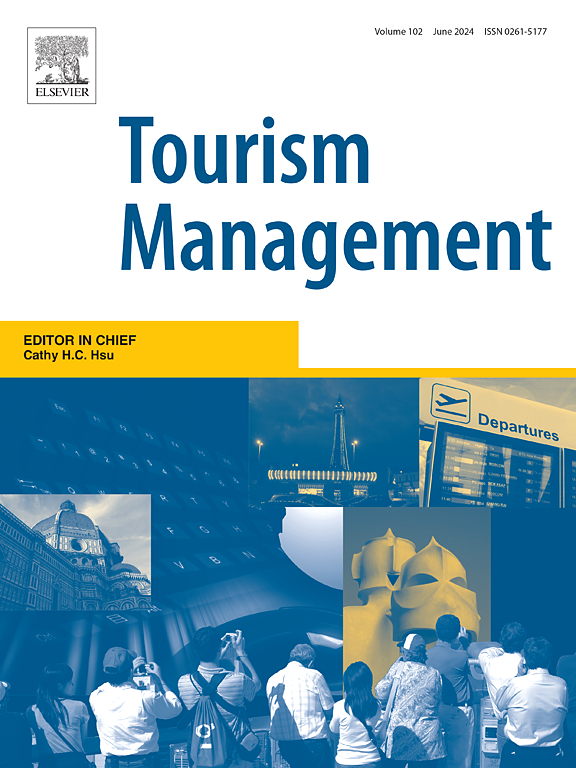基于法学硕士的创新动态分析:旅游业竞争创新动态的新方法
IF 12.4
1区 管理学
Q1 ENVIRONMENTAL STUDIES
引用次数: 0
摘要
旅游业和综合管理研究缺乏可扩展的工具来跟踪企业如何在连续的创新浪潮中竞争;手动或关键字编码无法处理今天的新闻量。我们介绍了基于大型语言模型的创新动态分析仪(LIDA),这是一个四步方法管道,它(1)通过少量GPT-4提示检测创新故事,(2)通过BERTopic对它们进行分组,(3)通过HDBSCAN将它们链接到有时间限制的行动-反应链中,(4)使用累积异常回报衡量市场影响。利用2011-2024年《餐饮智能简报》(Restaurant SmartBrief)收集的2万条新闻,LIDA提供了首个旅游业竞争创新大样本地图。结果表明,工艺创新持续提升市场价值;商业模式实验引发短期折扣;除非需求迅速增长,否则产品发布是价值中性的。绝对的先驱者赚不到任何溢价,而浪潮的领导者和短暂的“深思熟虑的追随者”则获得短暂的回报。这些模式表明,优势取决于创新类型和时机,而不是历史领先地位。在方法上,LIDA将大量非结构化语料库转换为可分析的竞争行为网络。本文章由计算机程序翻译,如有差异,请以英文原文为准。
LLM-based innovation dynamics analyzer: A novel approach to competitive innovation dynamics in tourism
Tourism and general management scholarship lack scalable tools for tracking how firms vie across successive innovation waves; manual or keyword coding cannot process today's news volume. We introduce the Large Language Model-Based Innovation Dynamics Analyzer (LIDA), a four-step methodological pipeline that (1) detects innovation stories with few-shot GPT-4 prompts, (2) groups them via BERTopic, (3) links them into time-bounded action–reaction chains through HDBSCAN, and (4) gauges market impact using cumulative abnormal returns. Applied to 20,000 news gathered from Restaurant SmartBrief (2011–2024), LIDA delivers the first large-sample map of competitive innovation in tourism. Results show process innovations consistently lift market-value; business-model experiments trigger short-term discounts; and product launches are value-neutral unless demand builds quickly. Absolute pioneers earn no premiums, whereas wave leaders and brief “deliberate followers” gain fleeting rewards. These patterns show that advantage depends on innovation type and timing, not historical primacy. Methodologically, LIDA converts vast unstructured corpora into analyzable competitive-action networks.
求助全文
通过发布文献求助,成功后即可免费获取论文全文。
去求助
来源期刊

Tourism Management
Multiple-
CiteScore
24.10
自引率
7.90%
发文量
190
审稿时长
45 days
期刊介绍:
Tourism Management, the preeminent scholarly journal, concentrates on the comprehensive management aspects, encompassing planning and policy, within the realm of travel and tourism. Adopting an interdisciplinary perspective, the journal delves into international, national, and regional tourism, addressing various management challenges. Its content mirrors this integrative approach, featuring primary research articles, progress in tourism research, case studies, research notes, discussions on current issues, and book reviews. Emphasizing scholarly rigor, all published papers are expected to contribute to theoretical and/or methodological advancements while offering specific insights relevant to tourism management and policy.
 求助内容:
求助内容: 应助结果提醒方式:
应助结果提醒方式:


